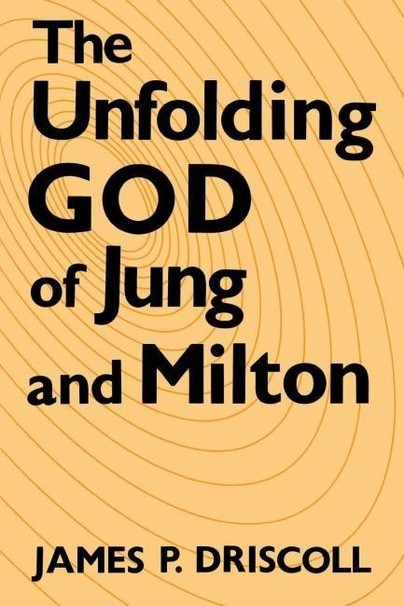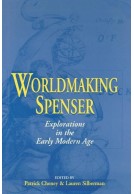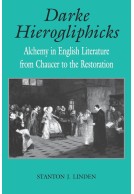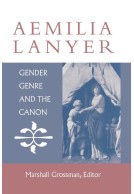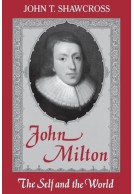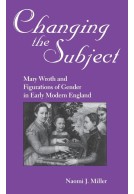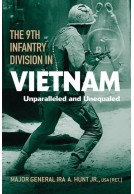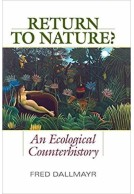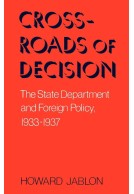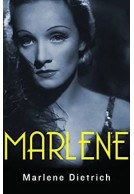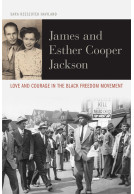The Unfolding God of Jung and Milton (Paperback)
Imprint: University Press of Kentucky
Series: Studies in the English Renaissance
Pages: 248
ISBN: 9780813160177
Published: 15th July 2014
Script Academic & Professional
Series: Studies in the English Renaissance
Pages: 248
ISBN: 9780813160177
Published: 15th July 2014
Script Academic & Professional
You'll be £23.00 closer to your next £10.00 credit when you purchase The Unfolding God of Jung and Milton. What's this?
+£4.99 UK Delivery or free UK delivery if order is over £40
(click here for international delivery rates)
Order within the next 20 minutes to get your order processed the next working day!
Need a currency converter? Check XE.com for live rates
(click here for international delivery rates)
Order within the next 20 minutes to get your order processed the next working day!
Need a currency converter? Check XE.com for live rates
In this first extensive Jungian treatment of Milton's major poems, James P. Driscoll uses archetypal psychology to explore Milton's great themes of God, man, woman, and evil and offers readers deepened understanding of Jung's profound thoughts on Godhead. The Father, the Son, Satan, Messiah, Samson, Adam, and Eve gain new dimensions of meaning as their stories become epiphanies of the archetypes of Godhead.
God and Satan of Paradise Lost are seen as the ego and the shadow of a single unfolding personality whose anima is the Holy Spirit and Milton's muse. Samson carries the Yahweh archetype examined by Jung in Answer to Job, and Messiah and Satan in Paradise Regained embody the hostile brothers archetype. Anima, animus and the individuation drive underlie the psychodynamics of Adam and Eve's fall.
Driscoll draws on his critical acumen and scholarly knowledge of Renaissance literature to shed new light on Jung's psychology of religion. The Unfolding God of Jung and Milton illumines Jung's heterodox notion of Godhead as a quarternity rather than a trinity, his revolutionary concept of a divine individuation process, his radical solution to the problem of evil, and his wrestling with the feminine in Godhead. The book's glossary of Jungian terms, written for literary critics and theologians rather than clinicians, is exceptionally detailed and insightful.
Beyond enriching our understanding of Jung and Milton, Driscoll's discussion contributes to theodicy, to process theology, and to the study of myths and archetypes in literature.
Other titles in the series...
Other titles in University Press of Kentucky...







